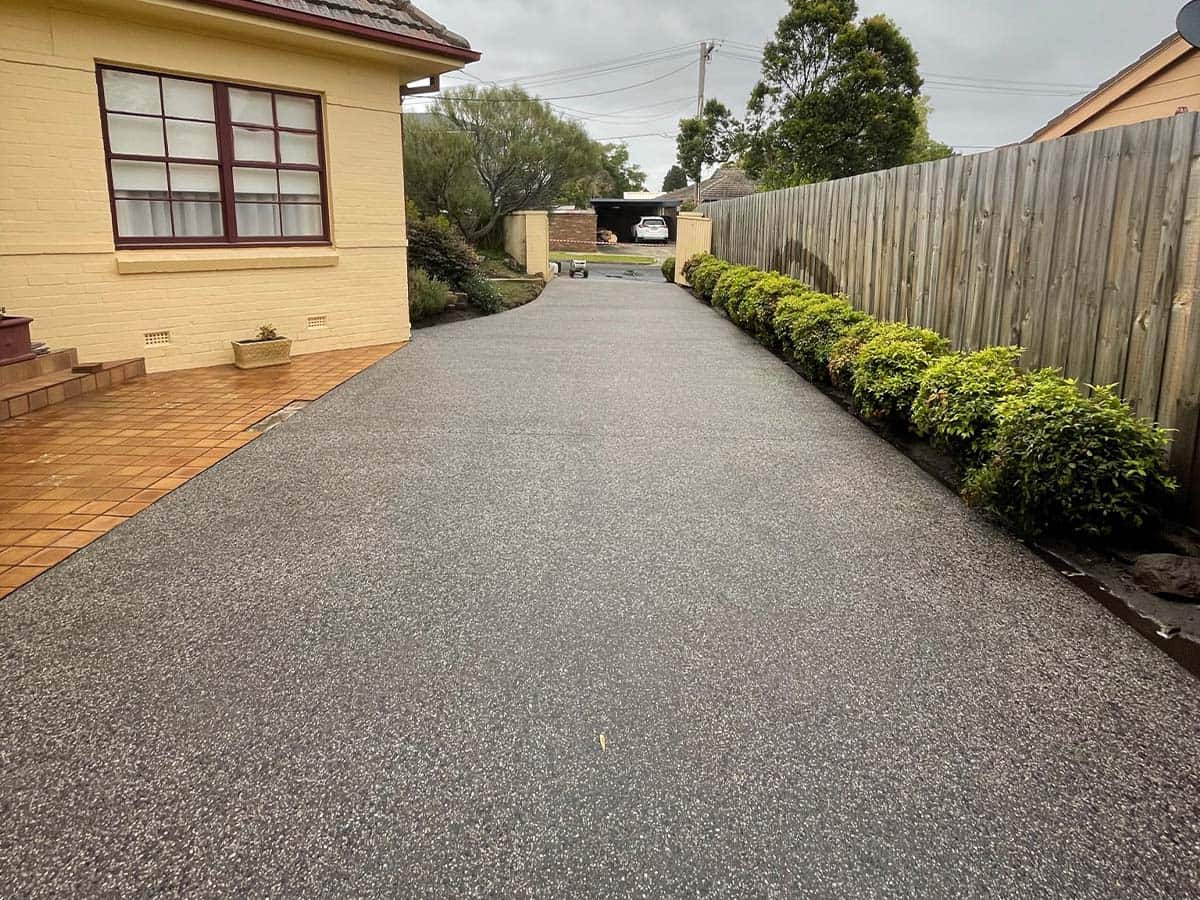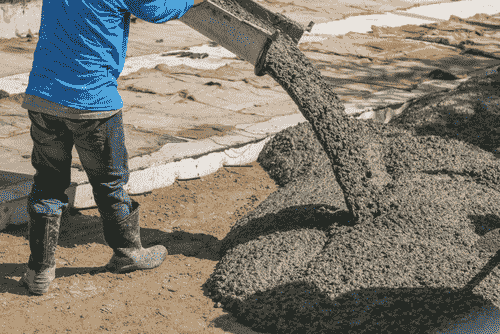Cutting-edge Concrete Style: Enhance Your Home with Customized Concrete Job
Cutting-edge Concrete Style: Enhance Your Home with Customized Concrete Job
Blog Article
Introducing the Eco-Friendly Advantages of Making Use Of Recycled Concrete in Sustainable Construction Practices
In the realm of lasting building practices, the usage of recycled concrete stands as a critical yet commonly undervalued source. Past its conventional applications, recycled concrete deals a myriad of eco-friendly advantages that prolong far past the confines of traditional building and construction materials. From decreasing ecological impact to boosting cost-efficiency, the ramifications of incorporating recycled concrete in sustainable building methods are substantial. This versatile product not only addresses pushing environmental concerns however likewise presents a viable remedy to the difficulties faced by the building and construction industry at huge.
Ecological Benefits
By integrating recycled concrete into construction practices, there is a considerable decrease in the need for brand-new raw materials, leading to conservation of all-natural resources. In addition, the use of recycled concrete lessens the quantity of waste being sent to land fills, consequently minimizing environmental air pollution and easing the strain on garbage dump capabilities (Concrete).

Additionally, the production of conventional concrete is a significant source of carbon discharges as a result of the energy-intensive procedure of concrete production. On the other hand, recycled concrete has a lower carbon footprint as it lowers the need for new concrete production. This decrease in carbon discharges adds to mitigating environment adjustment and sustains lasting building and construction practices. Generally, the ecological advantages of utilizing recycled concrete are considerable and play an important duty in promoting green building techniques.
Cost-Efficiency
Attaining cost-efficiency is a paramount consideration when analyzing the application of recycled concrete in construction tasks. One of the crucial advantages of using recycled concrete is its cost-effectiveness compared to conventional concrete.
Additionally, making use of recycled concrete can bring about financial savings in land fill prices by diverting concrete waste from disposal sites. This not only minimizes the environmental impact however additionally removes the expenses linked with waste removal. The toughness and efficiency of recycled concrete are equivalent to standard concrete, making certain that cost savings do not compromise the quality of the building.
Sturdiness and Strength
Recycled concrete offers comparable, if not remarkable, resilience and toughness buildings to standard concrete - Concrete. With advancements in go to website processing techniques and high quality control, recycled concrete can fulfill or exceed the efficiency criteria of traditional concrete.

Waste Decrease
Reliable waste reduction methods play a crucial duty in the sustainable application of sources within the building and construction sector. When it concerns making use of recycled concrete, waste reduction is a crucial benefit that contributes dramatically to environmental preservation. Standard building and construction techniques commonly generate substantial amounts of waste, especially in the kind of concrete rubble from demolition websites. By including recycled concrete into building and construction projects, this waste is repurposed and diverted from garbage dumps, minimizing the overall environmental impact of building and construction activities.
Additionally, the use of recycled concrete can lead to set you back financial savings for building and construction jobs, as it is typically a lot more inexpensive than sourcing and transferring brand-new materials - Concrete. In verdict, waste decrease via the use of recycled concrete is an essential part of lasting construction techniques that profits both the construction and the setting sector as a whole.
Power Conservation
When it comes to making use of recycled concrete in building and construction, significant energy cost savings are accomplished compared to standard concrete production. The procedure of creating recycled concrete involves reusing and crushing existing concrete materials, navigate to this website which eats less energy than mining, processing, and transferring raw products for new concrete production.
Final Thought
To conclude, the usage of get more recycled concrete in lasting construction methods provides countless environmental advantages, cost-efficiency, toughness, stamina, waste decrease, and energy preservation. By integrating recycled concrete into building projects, we can add to an extra eco-friendly and lasting future. It is important for the construction market to focus on using recycled materials to help in reducing the ecological influence of building and construction tasks.
One of the essential benefits of using recycled concrete is its cost-effectiveness compared to conventional concrete.Additionally, the use of recycled concrete can lead to savings in land fill costs by drawing away concrete waste from disposal websites. The durability and performance of recycled concrete are comparable to conventional concrete, making certain that price financial savings do not jeopardize the quality of the construction.

Report this page